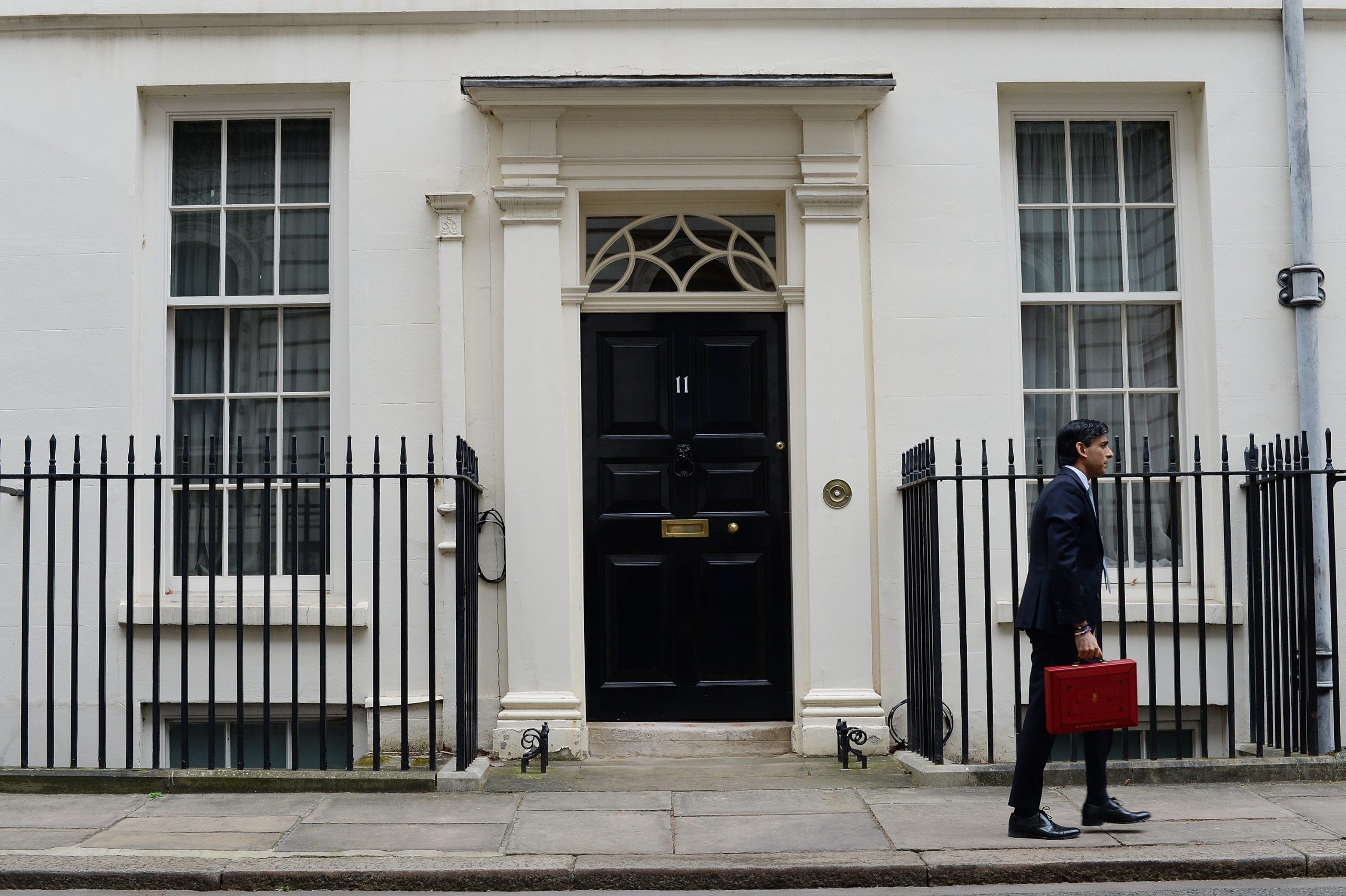
It is a cliché beloved of opposition leaders responding to the Budget to observe that “the Chancellor spoke for X minutes, but not once did he mention Y”. Labour leader Keir Starmer followed this rich rhetorical tradition, noting that “although the Chancellor spoke for almost an hour, we heard nothing about a long-term plan to fix social care”.
Indeed, it has become another well-worn cliché of modern politics for Budgets to duck the long-term conundrum of funding social care properly.
This matters not just for those and their families who rely on social care – the elderly, working-age people with disabilities or chronic health conditions, and vulnerable children – but for the government’s entire “levelling up” agenda.
Rishi Sunak can announce as many town deals and freeports as he likes in Tory marginals, but councils in these places and beyond are nearing bankruptcy. While trying to meet their legal obligation to provide social care, they are running out of money to fund all their other services.
[see also: Budget 2021: There are two big arguments underpinning Rishi Sunak’s Budget]
Since the pandemic hit, Croydon Council has effectively gone bankrupt, and four other councils in England – in Eastbourne, Bexley, Luton and Peterborough – have been bailed out by central government, which has allowed them to borrow money for day-to-day spending.
The Public Accounts Committee predicted in January that more councils would be “unable to balance their books” and faced bankruptcy. Nine in ten major local authorities did not have enough cash to cover their spending plans this year, according to BBC analysis in January.
This comes on top of a decade of cuts that have reduced central funding for local authorities by a fifth since 2010.
[Hear more from Anoosh on the New Statesman podcast]
In his first speech as Prime Minister, Boris Johnson announced he had a “clear plan” for funding social care. It still has not materialised, despite the pandemic exposing how crucial social care is to people’s health and the resilience of the NHS.
There was nothing to address this in the Budget.
The government has released funding to help local authorities through the demands of the pandemic (over £8bn in 2020-21), but it has turned out not to be enough. In the spending review last November, local authorities were given the power to raise council tax by up to 5 per cent – a reality check to Sunak’s assertion in his Budget speech today that it would be wrong to raise taxes for ordinary people.
The only announcement today on welfare was a six-month extension of the £20-a-week Universal Credit uplift. This will help many families, but the most pressing problem with the welfare system is one of design: the five-week wait for the first Universal Credit payment. Sunak was equally tight-lipped on schools, public health and statutory sick pay (which remains at a dangerously low rate).
The Chancellor “needed to respond to big fiscal and big inequality challenges created by the pandemic”, tweeted Paul Johnson, the director of the Institute for Fiscal Studies today. “He set out a route to current budget balance via tax rises and tight spending after this year. He said little on inequality.”
Along with the tax rises in today’s Budget, the public sector pay freeze and cuts to departmental spending announced last November, these same old Tory blindspots show the “end of austerity” is a long way off.





